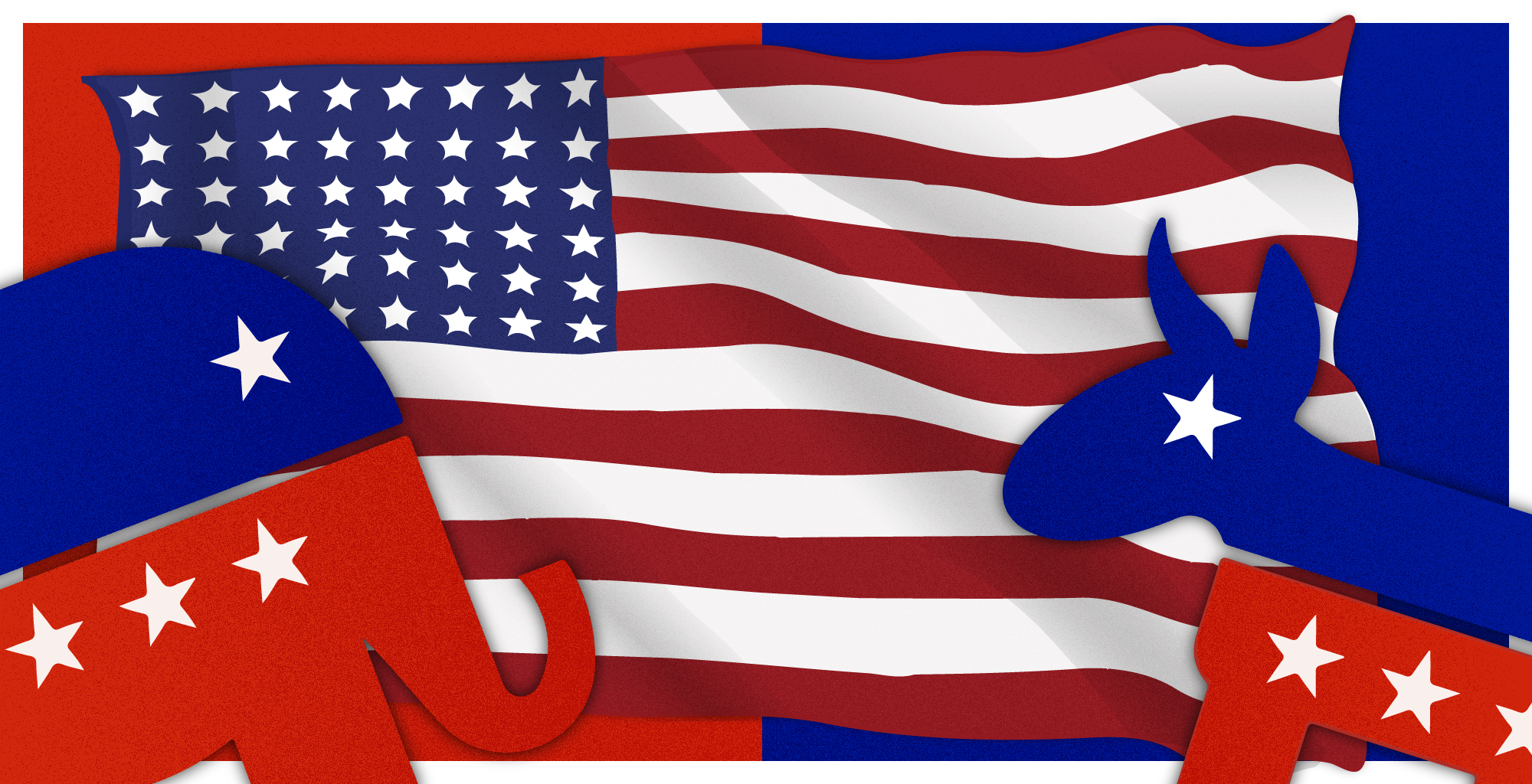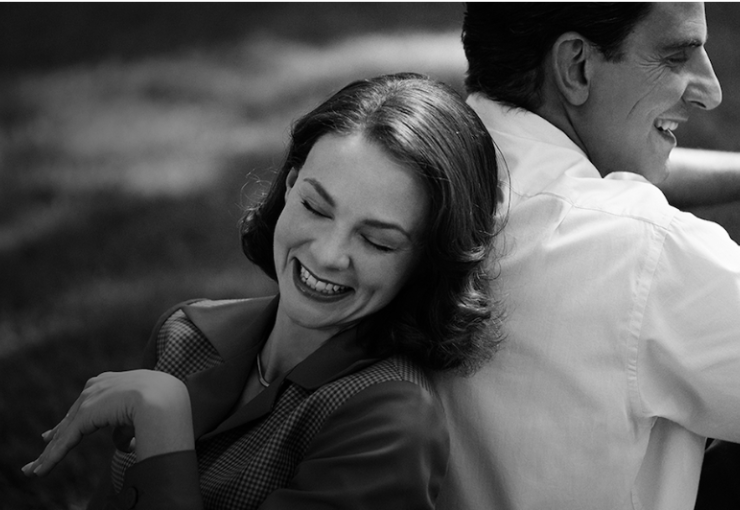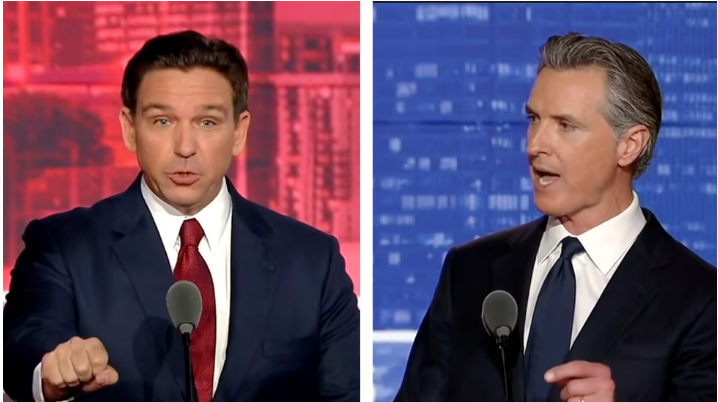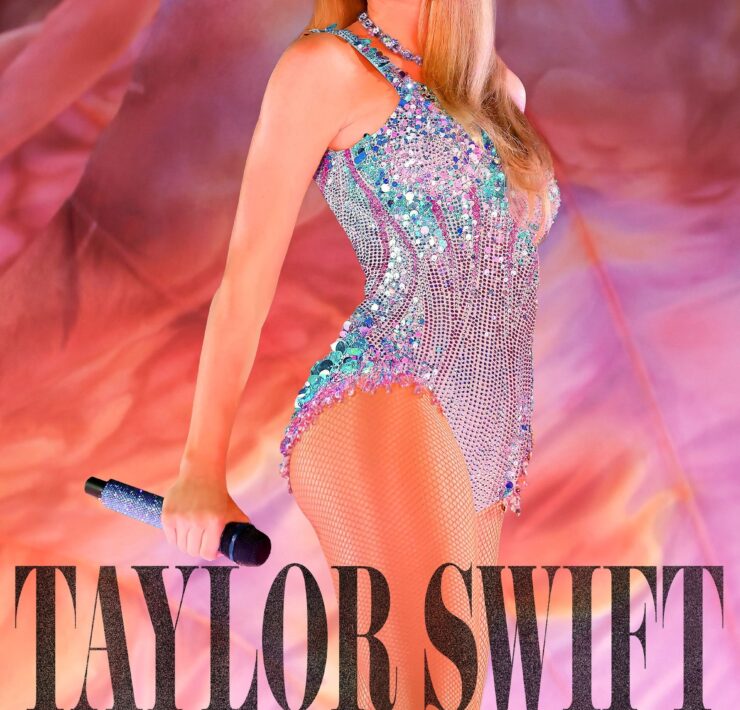Opinion: America, Who Do You Want Us To Be?

Who do you expect us to be in twenty years?
That’s my question to anyone who’s anyone in America. Who do you expect my peers and me to be when we inherit the world?
Based on current attitudes and actions, I’d say that you don’t have high hopes for us. If the national atmosphere is the school in which we learn how to be American people, then you must have a terribly low opinion of us to allow it to fall into such shambles.
As of this writing, the White House flouts its own government’s advice regarding our public health crisis on a daily basis. Cable media outlets enable a destructive inward turn to masochistic pessimism. Presidential debates have devolved into logical-fallacy-ridden hailstorms in which only the moderator prevents total derailment of the conversation. Partisan politics have become such an integral part of our identities that virtually all criticism directed across the aisle is perceived as worthy of nuclear retaliation. There’s a reason that they call it “Mutually Assured Destruction.”
As exhausting as it is to contemplate our collective national failure to be the adult in the room, we can’t ignore this. We can’t ignore that perhaps the most poignant question of the vice presidential debate was written by an eighth grader on the cusp of political disillusionment. Moderator Susan Page said, on behalf of Brecklyn Brown of Springville, Utah, “When I watch the news, all I see is arguing between Democrats and Republicans. When I watch the news, all I see is citizen fighting against citizen. When I watch the news, all I see are two candidate parties, trying to tear each other down. If our leaders can’t get along, how are the citizens supposed to get along?” After all, “[our leaders’] examples could make all the difference to bring us together.”
Brown is right. As much as we Americans like to think of ourselves as absolutely free-thinking, the people who we see and hear in the news have a profound influence on our perceptions of what is and isn’t acceptable, where is and isn’t an appropriate place to voice “what we really think,” and who is and isn’t valuable. Our leaders set the tone with which we communicate. Manners trickle down from those to whom we look for guidance. So what does it mean when the people who are supposed to guide us seem to have no sincerity behind their manners? What does it mean that the generation poised to rule the world in a few decades exhibits this level of disillusionment?
It means that the gulf between America’s aspirational and practical values has grown to laughably massive proportions. The clarity with which we see misalignment between long-standing American ideals of conduct and the behavior of the people who dominate the twenty-four hour news cycle fosters within us a darkly humorous recognition of social incongruity. The gulf is so wide that we can’t help but laugh at how someone on the “practical” end transparently and hollowly postures that they’re on the ideal end. It’s nonsense.
This is nonsense made depressing when we consider that the people who are letting us down are posturing simple decency. The gulf we face isn’t between perfection and those who fall short of that. It’s between basic goodness and an insincere lack thereof. As a singularly brilliant friend of mine said while ranting about American politics, “it shouldn’t be so hard for people to care about other people. [And] it shouldn’t matter which party wins. It should just matter that they’re able to help people.” A novel sentiment, right? What has America taught us when our first reaction is to write off such plainly noble ideas as impractical, illogical, and impossibly naïve—too aspirational to achieve?
And how will we act based on what we’ve learned? When there is disparity between what people say and what they do, we follow their example, not their ideal. The bar for acceptable public conduct (aka our practical values) has fallen so low that multiple opinion columnists in major news outlets felt compelled to emphasize how inappropriate it is to wish a sitting president death by contagious virus. They were waving a flag in front of their readers’ faces to remind them of common decency, even as some criticized the president scathingly. Likewise, President Trump did not unequivocally condemn those charged with planning to kidnap Governor Whitmer and incite a civil war by storming Michigan’s Capitol. In a tweet, he instead a criticized her for tying the plots to his failure to condemn white supremacists in the first presidential debate, issued a blanket condemnation against “ANY extreme violence” and digressed to “Democrats refus[ing] to condemn Antifa, Anarchists, Looters and Mobs that burn down Democrat run cities.” Practically speaking, if we are to follow his example, we are to react to all perceived verbal nukes by mobilizing our rhetorical bombers. In such a “clapback culture,” discourse doesn’t resemble discourse so much as a dog fight in front of a jeering crowd. We feed on the frenzy, not the facts.
America is so saturated in the expectation of pretty, polite illusions that artifice outweighs substance. We accept the immaturity, the hypocrisy, the gulf, the injustice of it all because this is how we expect it to be. We’re learning to expect incongruity. Looking like you’re doing the right thing is more important than doing the right thing, even though everyone can see the truth.
Back to my original question: what is growing up in this environment going to do to us? Who is America teaching us to be?
As I see it, America is setting us up with two options. Neither wholly encompasses an individual person. Rather, both are concepts that will underlay our conduct in the realm of politics.
Option 1: Fatalism and Apathy
Fatalism and apathy are the results of incongruity-born disengagement. After all, why not disengage from nonsense? When we can’t reconcile how we believe people should act with how they do act, we need a superb rationalization to logically justify maintaining faith in them. It’s much easier to take a fatalistic view. How can anything change for the better when there is a colossal divide between “better” and the people who are supposed to bring it about? If it seems like nothing can get better, why hope? If we don’t hope, why care? If we don’t care, we insulate ourselves from disappointment and distress brought on by recognizing contradiction. If we don’t care, there is no point to anything and therefore no duty to act. Despite their obvious pitfalls, fatalism and apathy are fundamentally tools of self-preservation. What does it say about our democracy that absolving ourselves of responsibility for it is a way to protect ourselves?
Option 2: Mimicry
Incongruity won’t bother mimics. Perhaps we will rationalize it away, or simply not notice it, or accept it and work our engagement around it. Mimicry is exactly what it sounds like. It’s us practicing what our leaders practice, not what they preach. It is the epitome of only absorbing America’s practical values. In mimicry, we would perpetuate everything wrong in the world and probably worsen it. Social convention necessarily deteriorates when we push our absurdity to ever-greater extremes. Mimicry wouldn’t preserve the status quo. The current status quo is breaking the status quo with behavior so shocking that it numbs us. Where will that lead America? Certainly away from being the world’s shining “city upon a hill.”
I began this article by asking people who will never read it who they expect us to be in twenty years. I’ll close on a similar note. Who do we expect ourselves to be in twenty years? Who do we want to be? Are the answers to these questions the same?
This brings me to Option #3, also known as Option “We Do Our Own Thing.” This would be a collective rise above disillusionment—not discarding it, but transforming it into drive to change.
I was talking with my mother recently. She told me that as she gets older, she’s been worrying about the world that she and her generation will leave behind. Then she said that she’s stopped worrying, or started worrying less, because of the people who they’re leaving behind to fix it. They’re leaving behind a generation of brilliant, capable, astonishing individuals who care. (That’s us.) As easy as it is to write ourselves off, to diminish our own potential as we face the enormous responsibility that accompanies it, we can’t deny that most of us are pretty great. Not only can we recognize the wrongs in the world—we can right them.
I realize that optimism in modern America finds itself in a hostile environment and such sentiments will probably repulse some readers due to perceived naïveté. Let me temper my hope with a reminder: in twenty years, if this dumpster fire of political discourse is still burning, it will be our fault. Best get on putting that out then, shouldn’t we?
Isabelle is a former opinion writer for The Talon. She also writes fiction and will read anything that falls into her lap. Should the fates allow, she hopes to pursue writing from somewhere other than under a bridge.
Kevin is a former Graphics Editor for the Talon. He enjoys graphic design, web developing, cooking, and playing video games.







